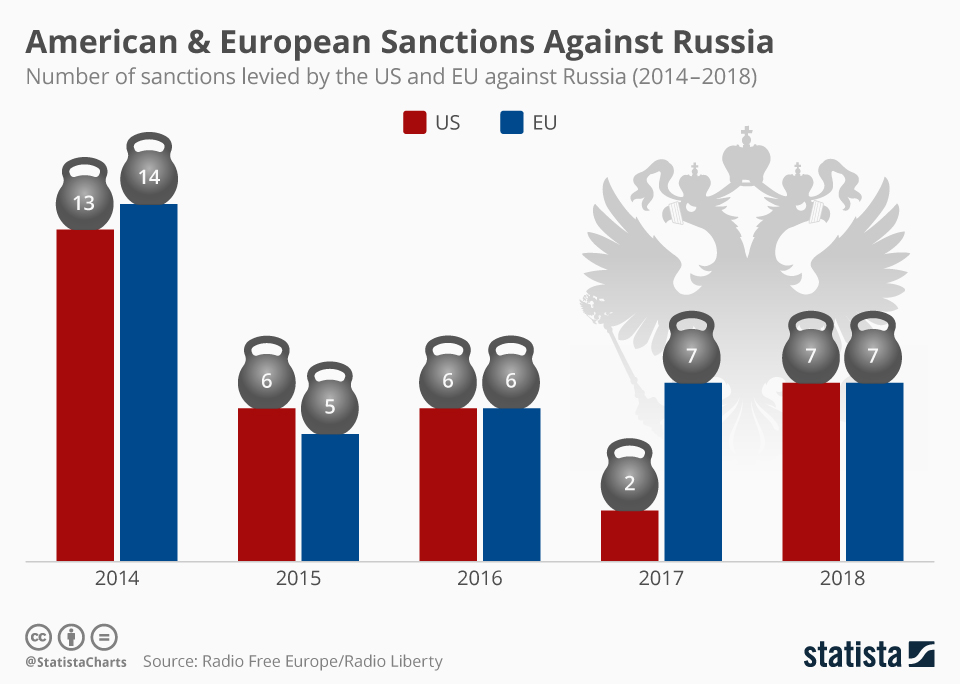By Prabhat Patnaik
The juggling which US imperialism has to do to maintain its hegemony becomes more bizarre by the day. First, it kept needling Russia (“provoking the bear”) “on behalf of the western alliance” by expanding NATO to its very borders, knowing full well that Ukraine’s joining NATO would be totally unacceptable to Russia. Its objective was to prevent Russia and western Europe from coming closer, which would have occurred because of the latter’s dependence on the former for energy; it is even reported that to keep hostilities going between Russia and Ukraine, it sabotaged an agreement between the two, that had been witnessed by France and Germany.
When this confrontation eventually led to Russia invading Ukraine, it imposed economic sanctions on Russia, so that Russia could not have access to its own dollar earnings obtained from exports. But it did not impose sanctions on the import of Russian oil and gas (except into the United States itself where such import meets about 8 per cent of total energy requirements); the reason is that as much as 40 per cent of the European Union’s energy needs are met through imports from Russia, and sanctions against Russian oil would have hit the European population hard, leading to a possible break-up of the “western alliance”.
But not imposing sanctions on the import of oil, of which Russia is a major producer and exporter, exporting around 5 million barrels a day, has the effect of making these sanctions somewhat toothless. What after all is the point of imposing sanctions with the objective of bringing a country to its knees if its most important export item is not covered within the ambit of sanctions? So now the US is busy trying to get other oil producers to increase their output and exports, so that a situation is created where the world can manage without Russian oil. It is pressurizing Saudi Arabia to raise its oil output; in addition it is also talking to Iran and Venezuela, to sell more oil in the international market so that the world does not miss Russian oil.
Iran and Venezuela were the two countries against which the US had imposed, and still does to this day, severe sanctions that have crippled their economies, denied them essential medicines, causing the deaths of thousands of people including children. In fact its “sanctions regime” was first tried out against these two countries before being used against Russia. But such is the irony of the situation that now the US is approaching these very countries with olive branches to make them produce and export more, so that the bigger enemy of the moment, Russia, is suitably humbled.
So great was American hostility towards Venezuela’s “Bolivarian “regime that till this day it has been trying to topple this regime by promoting a pretender, Juan Guaido, in the place of the elected president, Nicholas Maduro. The US and its alliance partners have not only recognised Guaido as the president of Venezuela, but have also been pressurising every other country to follow suit. And yet when it was a question of negotiating oil production, it did not go to its protégé Guaido whose writ runs nowhere; it went instead to where it knows power really lies in Venezuela, namely the Maduro government. And the Maduro government quite rightly has placed a condition before the US administration: it must recognize the Maduro government if it is going to obtain any oil from Venezuela. Imperialism is thus hoist with its own petard; extricating itself from this situation will not be easy.
Against Iran of course, sanctions have been imposed with varying intensity, for a very long time. They were first imposed in 1979 because of the hostage crisis; in 1981 when the hostages were released these sanctions were lifted, but they were reimposed by the US in 1984 and strengthened in 1987 and 1995. The United Nations imposed sanctions against Iran in2006 because of that country’s nuclear programme, but these were lifted in 2016 when the Iran Nuclear agreement was negotiated. In 2019 however the US under Donald Trump withdrew unilaterally from the nuclear deal and reimposed sanctions against Iran. Joe Biden, after becoming president, had announced in February 2021 that sanctions against Iran would continue under his presidency; it is especially ironic in this context that the same Biden administration is now talking to Iran as a means of isolating Russia.
Both Venezuela and Iran have suffered from sanctions because of lower oil exports. Iran for some time kept up its production of oil and stored within the country the oil that it could not export, since reopening oil-wells if they get closed because of output cutbacks, is difficult and expensive; but of late it appears that its oil output too has come down, as has the oil output of Venezuela.
Even if Iran and Venezuela agree to step up their oil exports in response to US demands, two problems will still remain when it comes to the replacement of Russia as an oil supplier. First, the quantity of oil that these countries can export will still not be large enough to replace Russian exports. Iran’s oil output has almost halved since the pre-sanctions level of about 4 million barrels per day and Venezuela’s output has gone down to just about 1 million barrels per day from a peak of 4 million before sanctions, which themselves have been responsible for the loss of output in that country. Revival of output from such reduced levels in these two countries will not be easy and will not be enough to replace Russian oil exports of around 5 million barrels per day. Second, and more important, the price at which Russian oil is being sold is $ 25-30 per barrel lower than any substitute oil that may become available in the world market. Hence even if additional oil to replace Russian exports does become physically available, it will be much more expensive, which is why countries, especially in the European Union will be most reluctant to abandon Russian oil.
The lower price of Russian oil has led even India to step up its oil imports from that country. It appears that in the last few days India’s daily imports of oil from Russia have quadrupled to about 360,000 barrels per day. Importing oil from Russia even on this scale therefore would mean an import bill that would be lower by at least $200 million per month. For any country not to use such an opportunity to cut the import bill will be plain stupid. And the US, even if it gets some oil-producing countries to increase oil output and exports to replace Russian exports, can hardly go around subsidizing world oil prices to make them competitive with Russian prices. If it persists in its effort to replace Russian oil exports, it will then have to coerce countries into paying more for their oil import bill, which, in the case of large powers like Germany and France, will be next to impossible; even others will resist such coercion.
Already there are voices in the EU wanting an end to the war through negotiations rather than a prolongation of it by arming Ukraine, as the US would like to see. In a significant episode recently, Italian workers at the Pisa airport refused to load cargo earmarked for Ukraine as “humanitarian aid”, when they found that it contained arms of various kinds being surreptitiously supplied as “aid”. This instance of workers’ intervention in a major EU country is likely to find an echo in other countries if the war gets prolonged.
We are a long way from the old colonial days when the colonial rulers took decisions that were never explained, extracted prices from the people that were never even understood, and imposed their diktats on the people that were never immediately questioned. The US today does not have the absolute hegemony that the colonial powers had. Its desperate efforts to retain whatever hegemony it has would flounder precisely because this hegemony is neither absolute nor unquestioned. What we are witnessing today is a process of gradual decline of the hegemony of US imperialism over the world at large. (IPA Service)
Courtesy: People’s Democracy

 India May Miss ‘End TB By 2025’ Target
India May Miss ‘End TB By 2025’ Target 